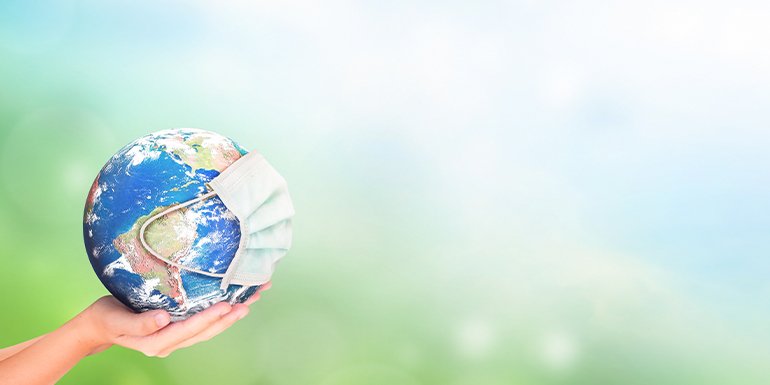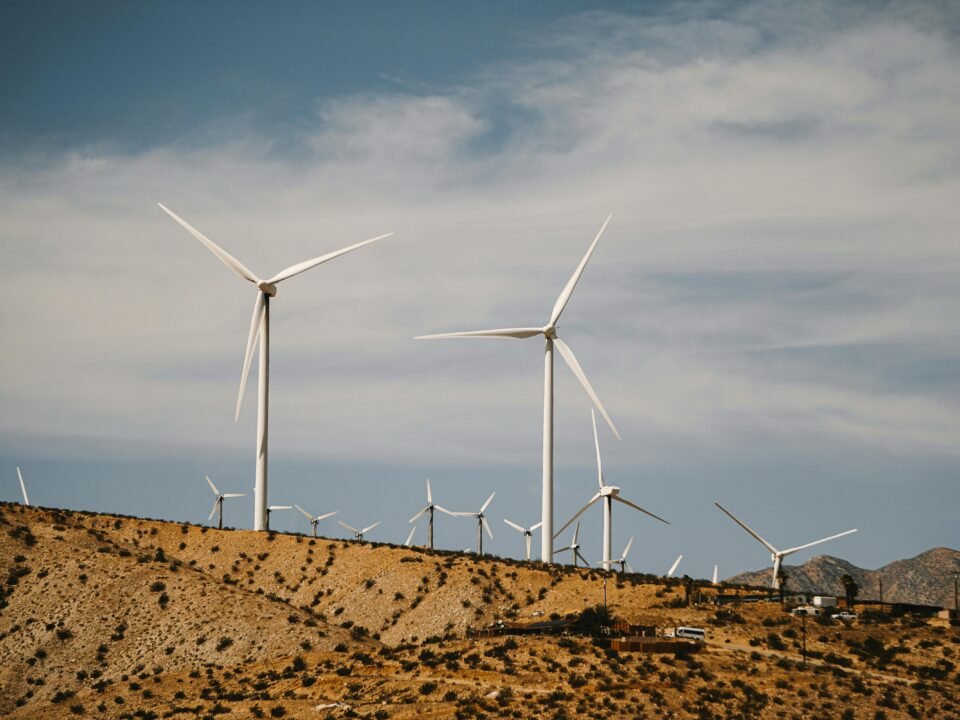Since the pandemic began early this year, there have been a lot of talks, discussions, and debates as to why this is our retribution for destroying nature over the past few decades. This narrative, as dramatic as it sounds, does make a lot of sense given that since the industrial revolution in the last 1800’s we haven’t stopping exploiting our natural resources. But is Corononavirus really the pre-apocalyptic Nature’s revenge as everyone claims it to be? Or just another way for humans to capitalize on new lifestyles and norms?
A few months back when the lockdown began, there was definitely a visible improvement in the quality of air that we breathed and the water we drank from freshwater sources thanks to all the parked vehicles and airplanes, shut industries, and locked offices. Questionably there were a lot of viral images of flourishing forests, waterways, and lakes circulating around. But there were also images of heaps of used masks, plastic shields, make-shift cardboard partitions, and other quarantine essentials that have been continuously and irresponsibly discharged by large health organizations, conglomerations, health NGOs and other urban residential units.
Another largely devastating disadvantage ushered in by the COVID-19 pandemic, which people have seemingly forgotten about is the rapid decline of recycling. People have restarted finding safety in the use-and-throw type of products. No-one wants to collect, or for that matter even go near used materials, wastes and plastics for the fear that they might be infected.
This has resulted in tons and tons of polluted waste that might possibly be infected with the virus. There has been a steady rise in people ordering food, groceries and other essentials at home. All these are packed safely in plastics and styrofoam to keep out the infection but they all have contributed to the increase in the domestic waste, both organic as well as inorganic.
After the lockdown was lifted, social distancing has become a norm. No one wants to take public transportation anymore. Earlier, people engaged in a carpool or took the metro, railways, buses or walked on the crowded streets to work to avoid consuming more fuel and by extension reducing their carbon footprint. But in the post-lockdown society travelling publicly is like giving an open invitation to the novel coronavirus.
To end this argument, it is clear that COVID-19 is not the savior our Earth is looking for, as it has both positive as well as negative impacts on our environment. Now it is up to us to make the right sustainable choices and tip the scales on the side that benefits our nature.




